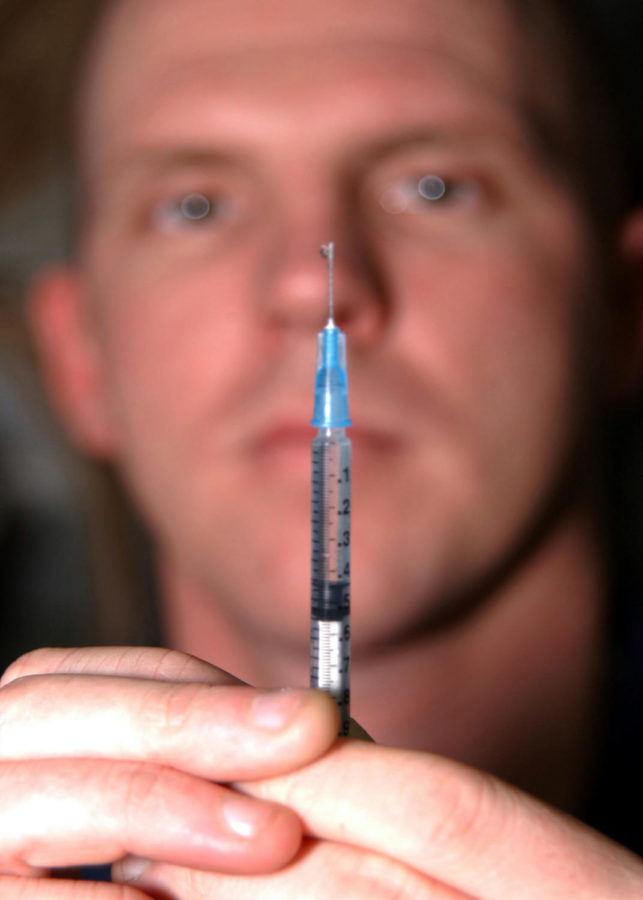Immunizations for international students remain the same
021019-N-9593M-007
November 4, 2015
For international students, the flu shot isn’t the only vaccine they received this year.
As flu season comes into full swing this fall, vaccines and health checkups are common occurrences among students as noses begin to drip and coughs become louder than ever.
The flu vaccine isn’t where it stops for international students, at least not the first time they enter the country.
Although the vaccine process for foreign students may seem extensive, in reality this couldn’t be further from the truth; it just happens on a slanted timeline compared with U.S. natives.
“All students, regardless of country of origin, [should] receive the flu vaccine,” said Kelly Frizzell, registered nurse of the Thielen Student Health Center. “There is virtually no difference between shots required for international students versus native students.”
Upon arrival at Iowa State, international students must undergo a traditional doctor’s visit similar to a normal physical for young adults, as well as receive the required vaccinations.
These shots include immunizations for the flu, measles and meningitis.
A reason for the need for homogeneity between students is due to a more connected world; people travel and study around the world more freely than they ever have before.
“We live in a small world; people are constantly visiting other countries,” Frizzell said. ”Therefore we recommend anyone who’s traveled outside of the country to take the examination and vaccine.”
When conducting the physical examinations, not only are physicians looking for normal health risks, but also for the possibility of more serious illnesses that tend to affect international students in particular, such as tuberculosis.
The Centers for Disease Control and Prevention states that nearly 60 percent of all cases of tuberculosis during 2013 in America were transported by those who lived outside of the United States.
These areas include China, Russia, South Africa and Peru, all of which have tuberculosis elimination teams based in their own country.
Frizzell explained that students who have or are believed to have contracted the disease are treated immediately with medication and asked to stay clear of other students.
If the disease is thought to be serious and is discovered, the student will be taken immediately into medical care.
While the vaccines international students receive are the same for domestic students, the cost is higher for international students because they aren’t use to the United State’s large health care costs.
After treatment, issues including the costs of health care in America are often burdening for international students.
American citizens are currently on their way to paying close to $10,000 a year in health care costs, according to Forbes, with Chinese citizens paying much less in their native country, due to an increased population and wage gap.
Bochen Li, a freshman in mechanical engineering and an international student from China, has felt the effects of higher insurance costs when compared with his home.
”If I were to get a toothache in America, it would cost me a couple thousand dollars to fix,” Li said. “In China it costs far less and I don’t need an appointment with a doctor.”







